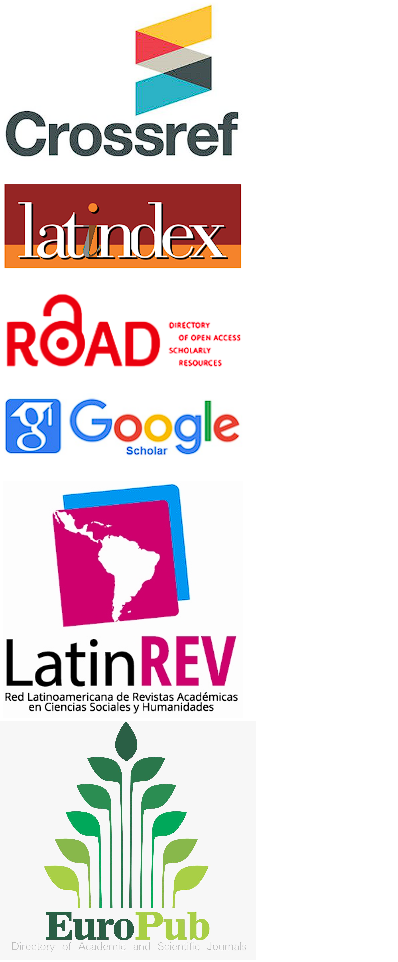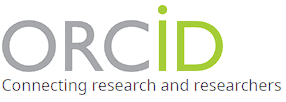La ontología de las matemáticas: reflexiones filosóficas para enriquecer la enseñanza
DOI:
https://doi.org/10.58299/cisa.v6i2.94Palabras clave:
DocenciaResumen
El presente artículo La ontología de las matemáticas: Reflexiones filosóficas para enriquecer la enseñanza" explora cómo las perspectivas ontológicas sobre los objetos matemáticos pueden transformar la práctica docente y enriquecer la enseñanza. A través de un análisis de enfoques como el realismo, el platonismo, el constructivismo y el formalismo, se destaca cómo estas visiones influyen en la comprensión y enseñanza de conceptos matemáticos. Se argumenta que integrar la reflexión filosófica en el aula fomenta un aprendizaje más crítico y significativo, conectando las matemáticas con las experiencias y necesidades de los estudiantes. Además, se presentan estrategias pedagógicas basadas en debates y actividades multiculturales para enriquecer la percepción de las matemáticas como una construcción humana dinámica y cultural. Este enfoque no solo promueve habilidades críticas, sino que también permite a los estudiantes apreciar las maatemáticas como una herramienta para interpretar y transformar el mundo.
Citas
D’Ambrosio, U. (2001). Ethnomathematics: Link Between Traditions and Modernity. Sense Publishers.
Ernest, P. (1998). Social Constructivism as a Philosophy of Mathematics. SUNY Press.
Hersh, R. (1997). What Is Mathematics, Really? Oxford University Press.
Boaler, J. (2016). Mathematical Mindsets: Unleashing Students' Potential through Creative Math, Inspiring Messages, and Innovative Teaching. Jossey-Bass.
Corry, L. (1997). David Hilbert and the Axiomatization of Physics (1898–1918). Springer.
Hersh, R. (1997). What Is Mathematics, Really? Oxford University Press.
Shapiro, S. (2000). Thinking About Mathematics: The Philosophy of Mathematics. Oxford University Press.
D’Ambrosio, U. (2001). Ethnomathematics: Link Between Traditions and Modernity. Sense Publishers.
Ernest, P. (1998). Social Constructivism as a Philosophy of Mathematics. SUNY Press.
Wigner, E. P. (1960). The Unreasonable Effectiveness of Mathematics in the Natural Sciences. Communications on Pure and Applied Mathematics, 13(1), 1–14.
Corry, L. (1997). David Hilbert and the Axiomatization of Physics (1898–1918). Springer.
Ernest, P. (1998). Social Constructivism as a Philosophy of Mathematics. SUNY Press.
Gödel, K. (1947). What is Cantor’s Continuum Problem?. The American Mathematical Monthly, 54(9), 515–525.
Hersh, R. (1997). What Is Mathematics, Really? Oxford University Press.
Shapiro, S. (2000). Thinking About Mathematics: The Philosophy of Mathematics. Oxford University Press.
Hersh, R. (1997). What Is Mathematics, Really? Oxford University Press.
Shapiro, S. (2000). Thinking About Mathematics: The Philosophy of Mathematics. Oxford University Press.
Boaler, J. (2016). Mathematical Mindsets: Unleashing Students' Potential through Creative Math, Inspiring Messages, and Innovative Teaching. Jossey-Bass.
Ernest, P. (1998). Social Constructivism as a Philosophy of Mathematics. SUNY Press.
Hersh, R. (1997). What Is Mathematics, Really? Oxford University Press.







